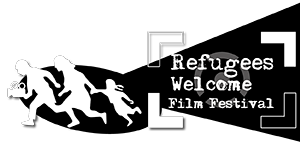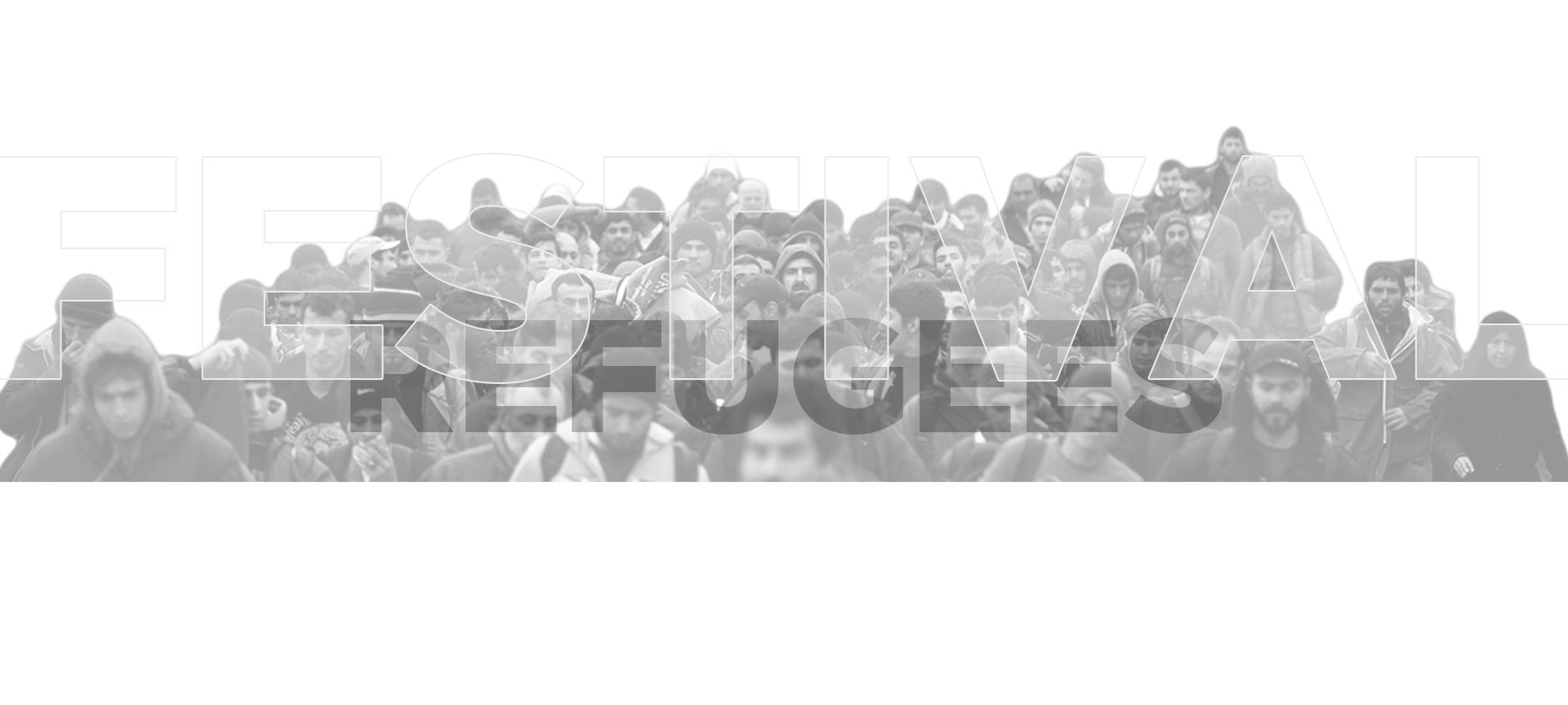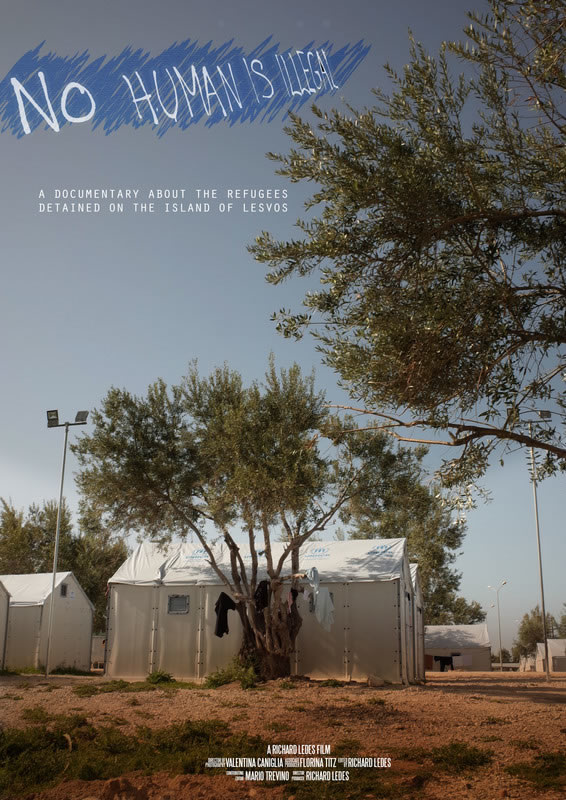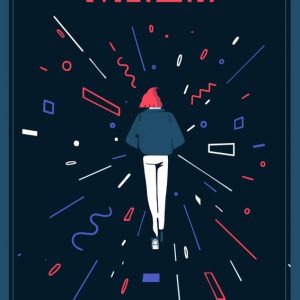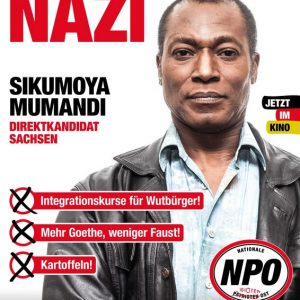Description
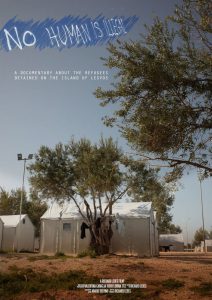
Filming in the border areas between Myanmar and Bangladesh and also the Rohingya refugee camps, Shafiur Rahman encountered survivors from what is likely to be the worst massacre of the Rohingya crisis of 2017 – Tula Toli. The film shows distressing images from the border as well as harrowing interviews with refugees who describe mass killings, including the killing of children, rape, and the destruction of entire villages. This film is the first documentary to discuss crucial evidence of pre-planning of the massacre on the part of the Myanmar military and officials designed to drive the Rohingya from their ancestral land. The crisis itself has resulted in well over half a million people, mainly children, fleeing their homes and becoming refugees.
Director Biography – Richard C Ledes
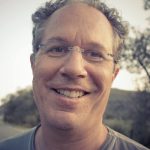
His first feature film A HOLE IN ONE (2004), starring Michelle Williams, about a woman who wants a lobotomy, originated in a piece of performance art he did based on the psychiatric records of his mother’s brother who died while a patient at a V.A. psychiatric hospital. He holds a doctorate in comparative literature from NYU, where he wrote a dissertation on the cultural significance of the rise of mental healthcare in the U.S. based on treating veterans after WWII. During his research he volunteered at a center for severely mentally ill, assistant-directing their theater program. This combination of a personal connection to a film’s theme with research into its broader significance remains a cornerstone to his work.
In 2004 A HOLE IN ONE was nominated for the Jury Award at the Tribeca Film Festival. In 2008 his feature fiction film THE CALLER, with Frank Langella and Elliott Gould, won Best NY Narrative Feature at the Tribeca Film Festival and in 2012 his feature fiction film FRED WON’T MOVE OUT, with Elliott Gould and Fred Melamed, was nominated for Best North American Independent Film at the Tallinn Black Nights Film Festival. His most recent film, NO HUMAN IS ILLEGAL, is about refugees detained on the island of Lesvos, waiting to learn if they will be allowed to stay in Europe. He serves on the Cinema Committee of BAM (the Brooklyn Academy of Music).
Director Statement
Faten Shahoud, a Syrian Refugee, whom we interviewed on the Greek island of Lesvos, wants her son to walk again. The twelve-year old needs an operation to repair his shattered leg.
Looking directly into our lens, Abdul Razzak Zarzur tells us that he saw his family, friends and neighbors shot as they attempted to escape Syria. Most died at the Turkish border.
Nadia Essa, her daughter and husband nearly drowned in the Aegean Sea before the crammed, rubber boat made landfall on Lesvos. Her husband’s trauma is so severe that he can no longer speak, only sing. He does sing for us.
Ahmad al-Hamawi says he just wants help getting to Germany so he can see his son again before he dies….
Many tell us about October 28th — the date a wooden boat carrying over three hundred people sank in less than one minute.
NO HUMAN IS ILLEGAL. This first-of-its-kind documentary tells the stories of the people who fled their homes–mainly Arab and Kurdish-speaking Syrian people–became refugees and are currently detained on the Greek island of Lesvos—waiting for the European Union to decide their fate. Either they will be allowed to stay in Europe or they will be or deported back to Turkey.
Half of our small crew were women. This, no doubt accounts for the number of women migrants who were willing to speak with us. We also interview the residents of Lesvos, a UN representative stationed on the island, and a cross section of international volunteers, coming for diverse reasons.
The film was shot by Italian cinematographer Valentina Caniglia. Rather than speaking without translation in languages most Europeans and Americans don’t understand, we wanted to give the people space, both literally and figuratively, to tell their personal stories. Valentina’s beautiful work in CinemaScope brings out the tragic contrast between the beauty of the island and the situation of these people seeking safety for themselves, for their families.
We filmed on one of the margins of Europe, but what is happening there is central to the future of Europe of the world.
